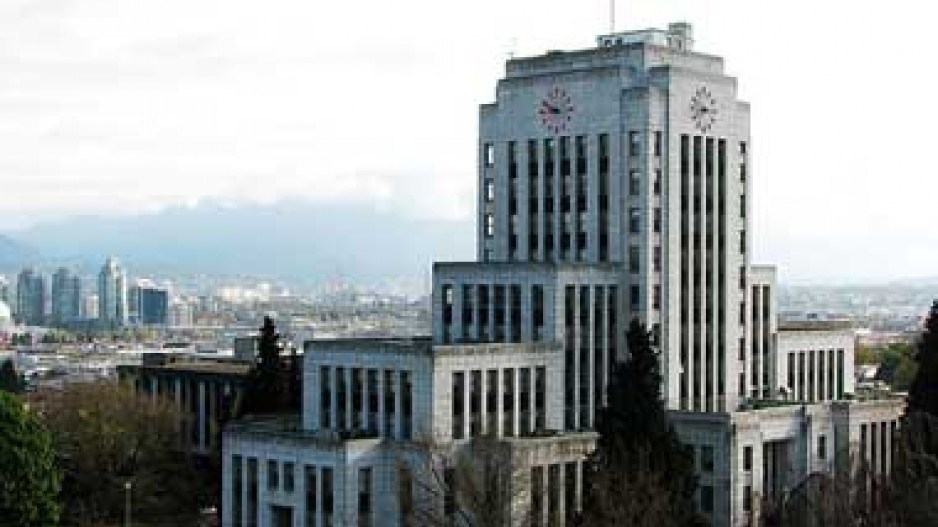A Human Rights Tribunal member has ordered a former City of Vancouver sanitation worker to find a new lawyer for his discrimination case, three years after city hall released more information than it should have.
Walter Rilkoff’s written Sept. 14 decision said Dean Davison can no longer represent Milan Kljajic because city hall sent Kljajic an uncensored legal opinion in response to a freedom of information request and neither Davison nor Kljajic sent it back.
“In the face of a presumption of prejudice, I believe that the reasonable perception of the integrity of the administration of justice would be adversely affected were Mr. Davison or his firm permitted to remain as counsel for Mr. Kljajic in this matter,” Rilkoff concluded.
Kljajic alleges he was the victim of discrimination because his manager, Mike Zupan, banned him from speaking at a February 2013 Park Board meeting in his role as the president of the Kensington Community Centre Association. Kljajic was among volunteer board members from six community centre associations that resisted the imposition of the OneCard and the removal of local autonomy by the Vision Vancouver-controlled Park Board.
He later ran unsuccessfully for city council in 2014 for the Vancouver First party, and quit his job in February 2015.
Kljajic filed two requests in April 2013 for information about internal correspondence and the decisions made by senior management in his case. The responses on May 21, 2013, contained pages that were redacted for solicitor-client privilege and advice or recommendations about management of personnel. A day later, he filed another request. The July 26, 2013, release included redacted and unredacted copies of a legal opinion about his case, but Kljajic said he had no idea that the documents were related. City hall’s information access office did not ask Kjljajic for the unredacted documents to be returned until May 2014, when it applied to the Human Rights Tribunal. Kjlajic had showed the unredacted documents to reporters shortly after receiving them and received media attention.
The legal opinion contained advice to senior management to avoid union arbitration in Kljajic’s case by diverting the matter into the Human Rights Tribunal. It also suggested Kljajic had a chance to succeed. “Our recommendation is to settle if possible,” the document said.
“The documents came into the possession of Mr. Kljajic because of an error by an employee of the city,” Rilkoff wrote. “Mr. Kljajic did not do anything improper in receiving the documents. By the same token, there is nothing to suggest that Mr. Kljajic received the documents because of anything other than an honest, inadvertent error by a city employee.”
Rilkoff noted that the unredacted documents contained a disclaimer that said they were subject to solicitor-client privilege and wrote that neither Kljajic nor Davison made any “independent effort to return the privileged documents.” They eventually did so by order of the tribunal.
Davison declined comment but said he would comply with the order. Kljajic had already complained to the Office of the Information and Privacy Commissioner.
Kljajic said he would consider his options, because he would have to start from scratch with a new lawyer going against deep-pocketed city hall.
“I find the HRT judgment a bit appalling that I’m not allowed to have my own legal representation due to the incompetence of the FOI department, after [the documents] having been inspected by numerous employees,” Kljajic said.
Vince Gogolek, executive director of the B.C. Freedom of Information and Privacy Association, said he has never seen anything like this.
“It’s a little puzzling how the Human Rights Tribunal can say ‘give them those documents back,’” Gogolek said.
Gogolek said mistakes can happen, but a public body would normally ask quickly for an applicant to return any errantly released records or seek intervention of the Office of the Information and Privacy Commissioner.




